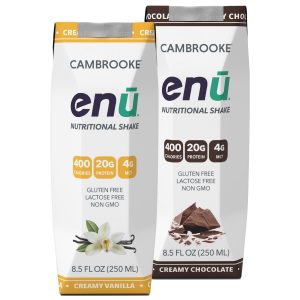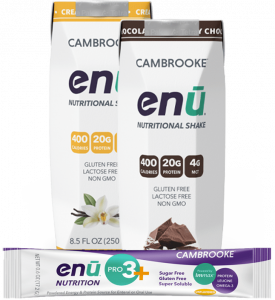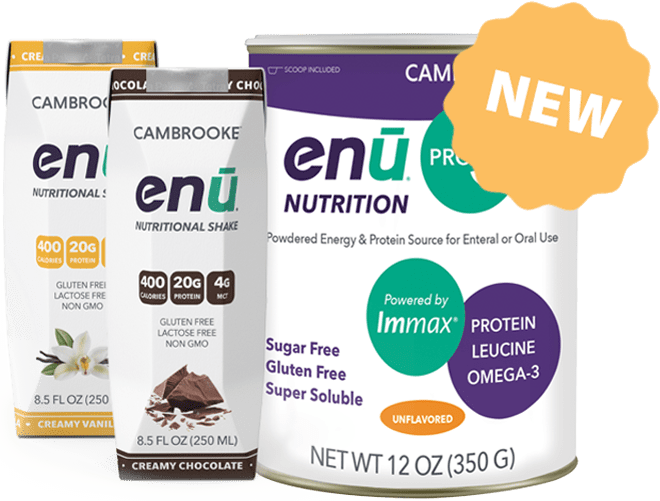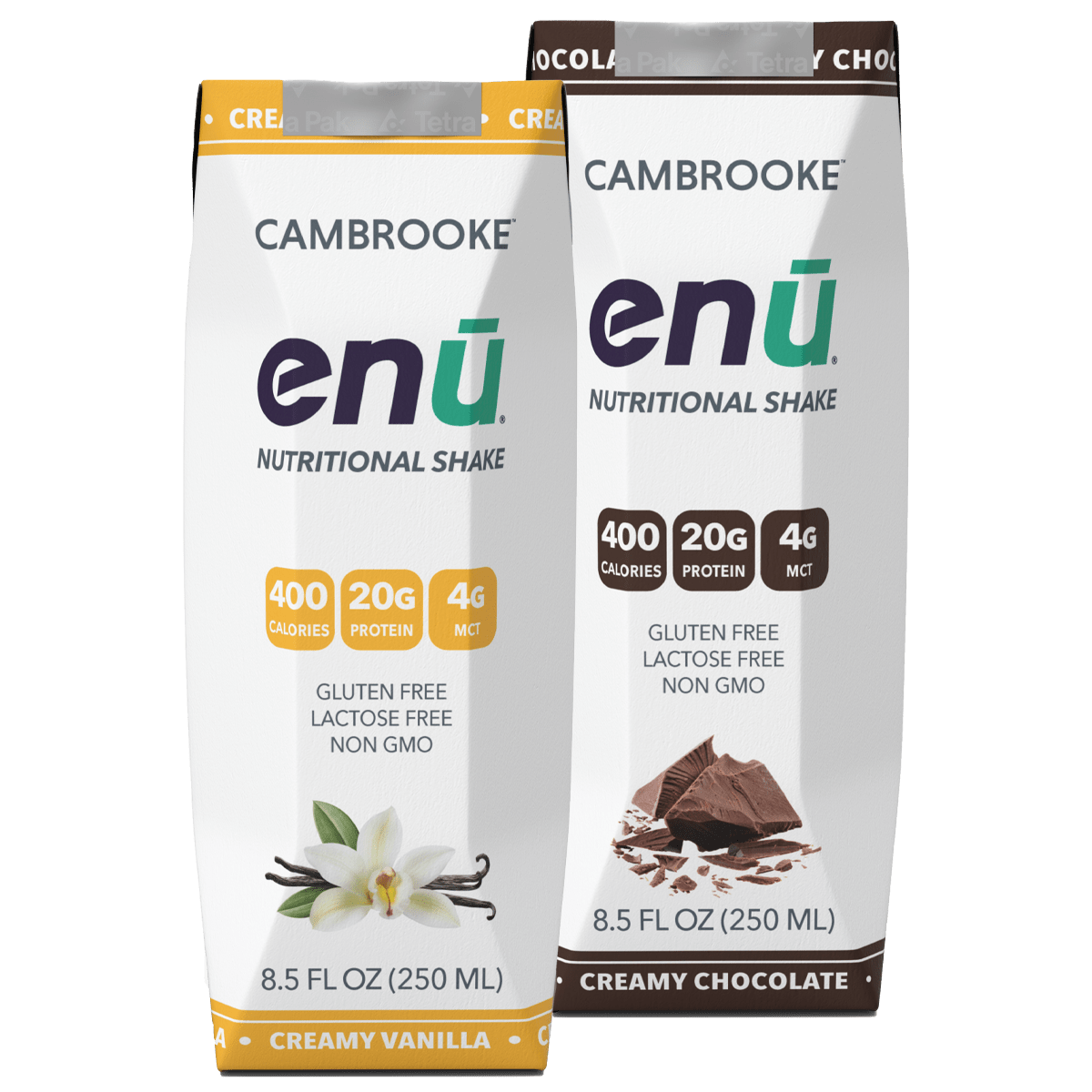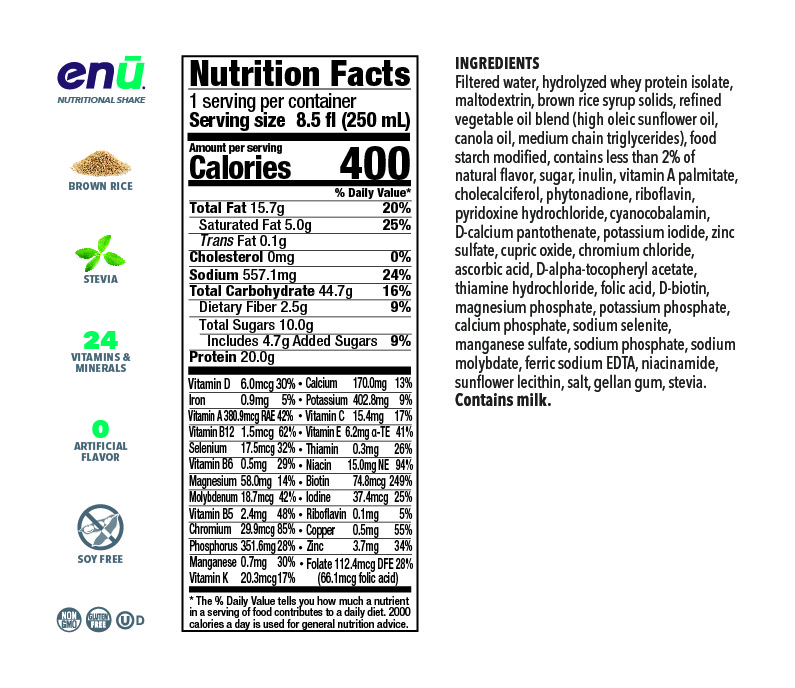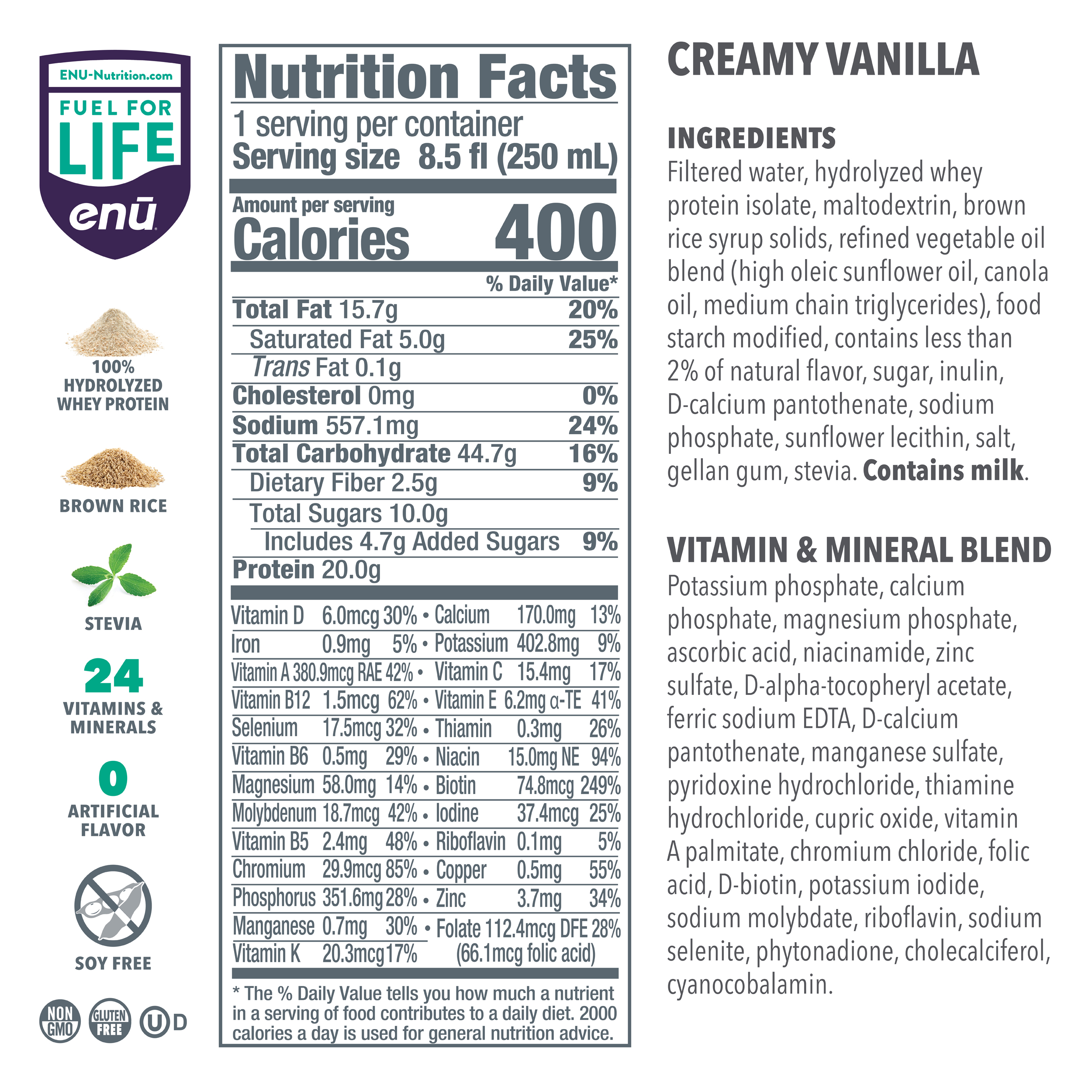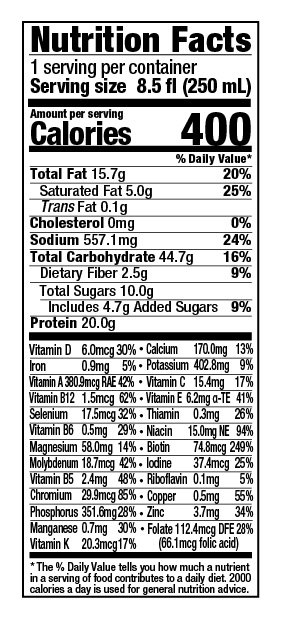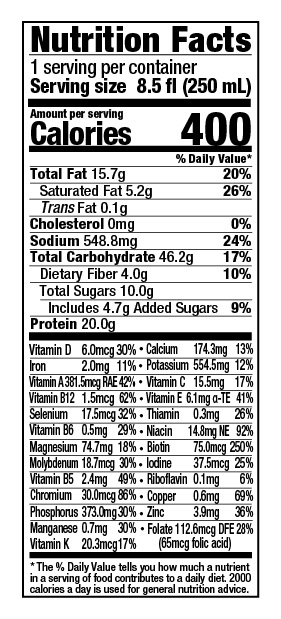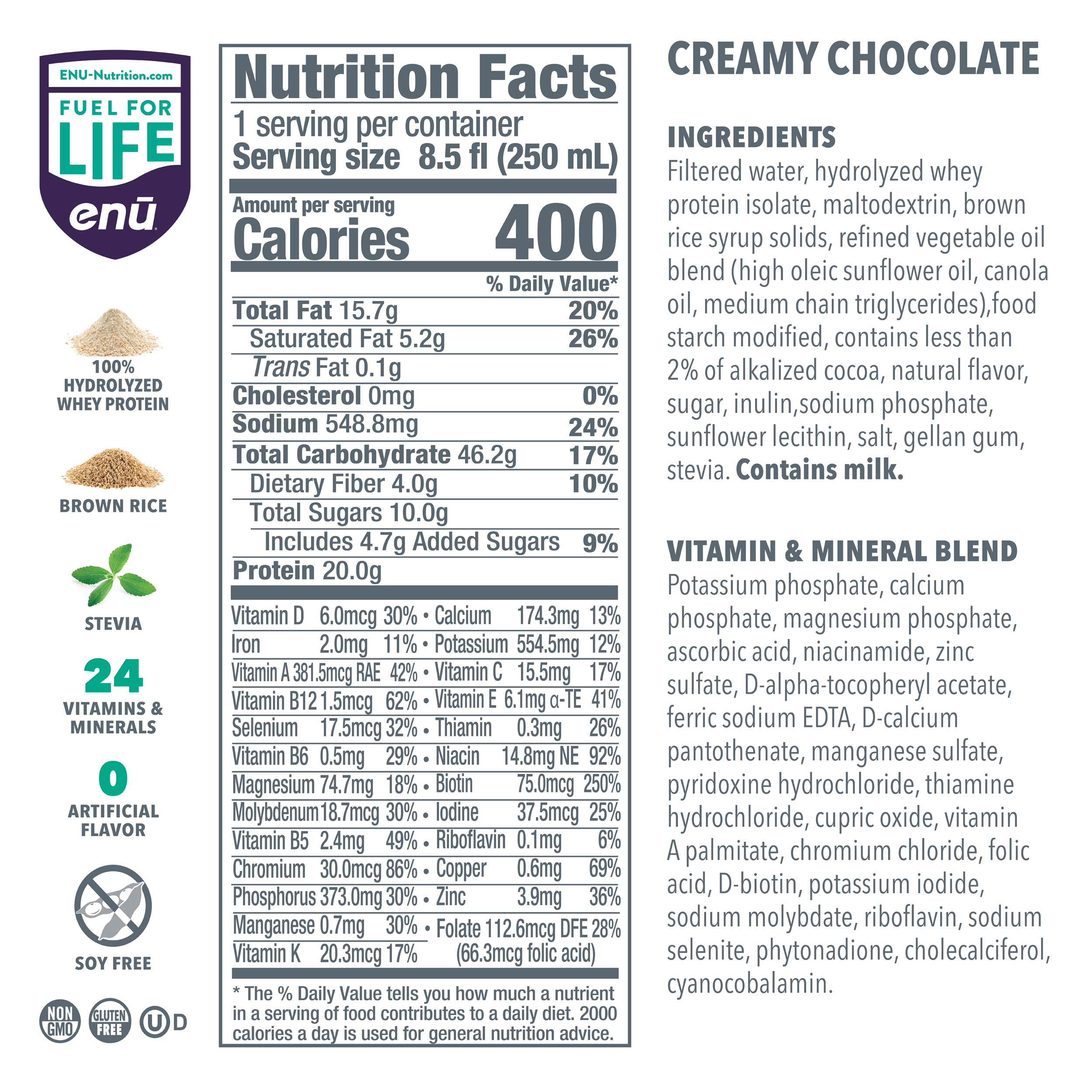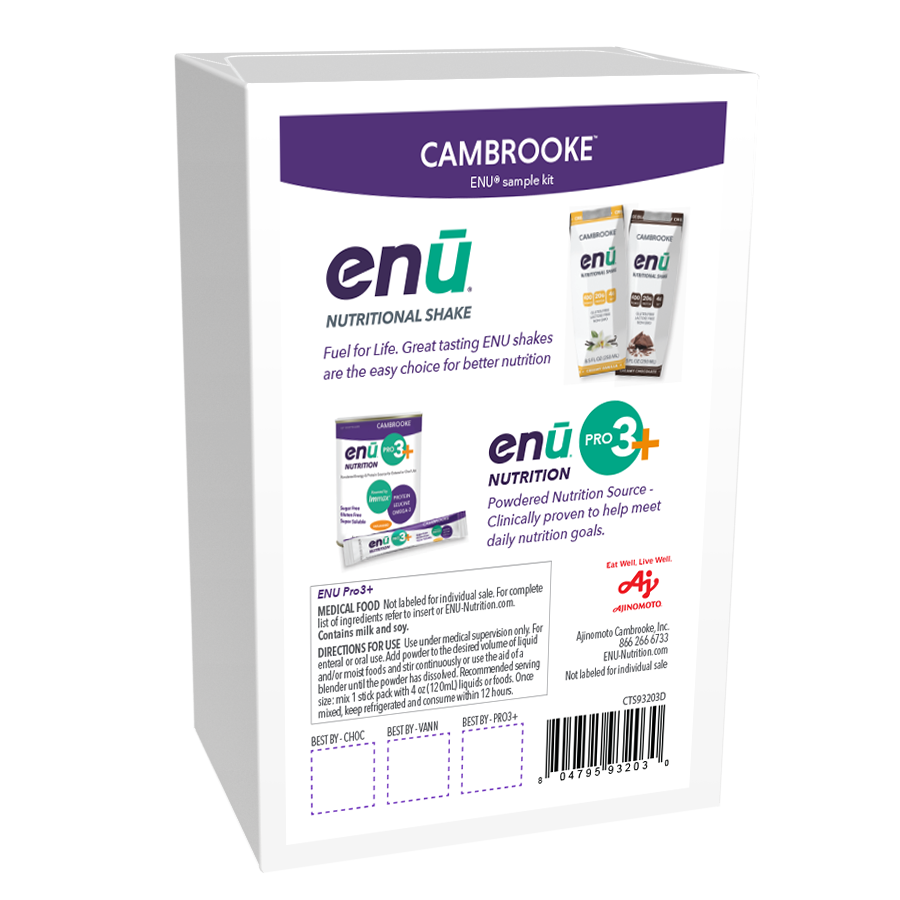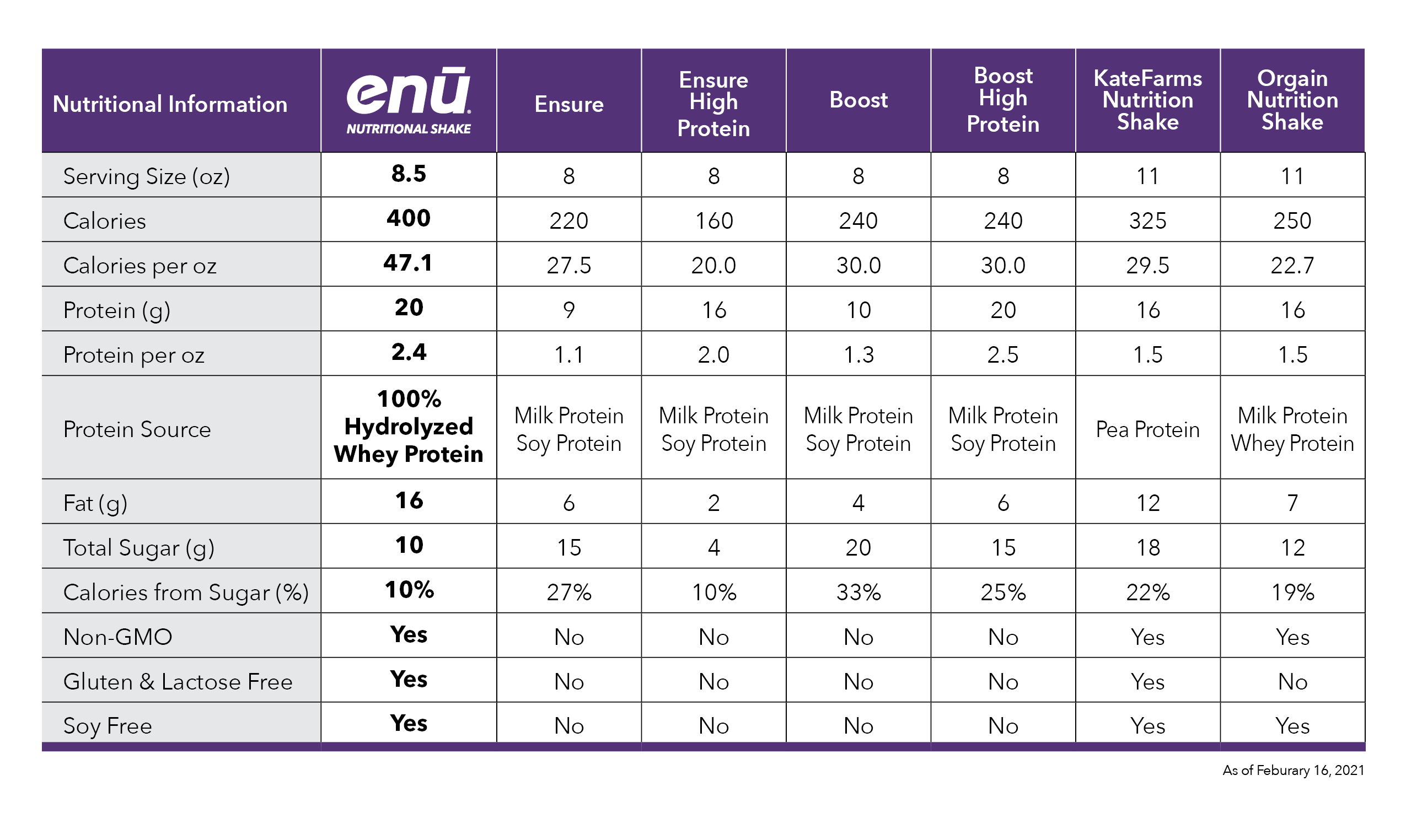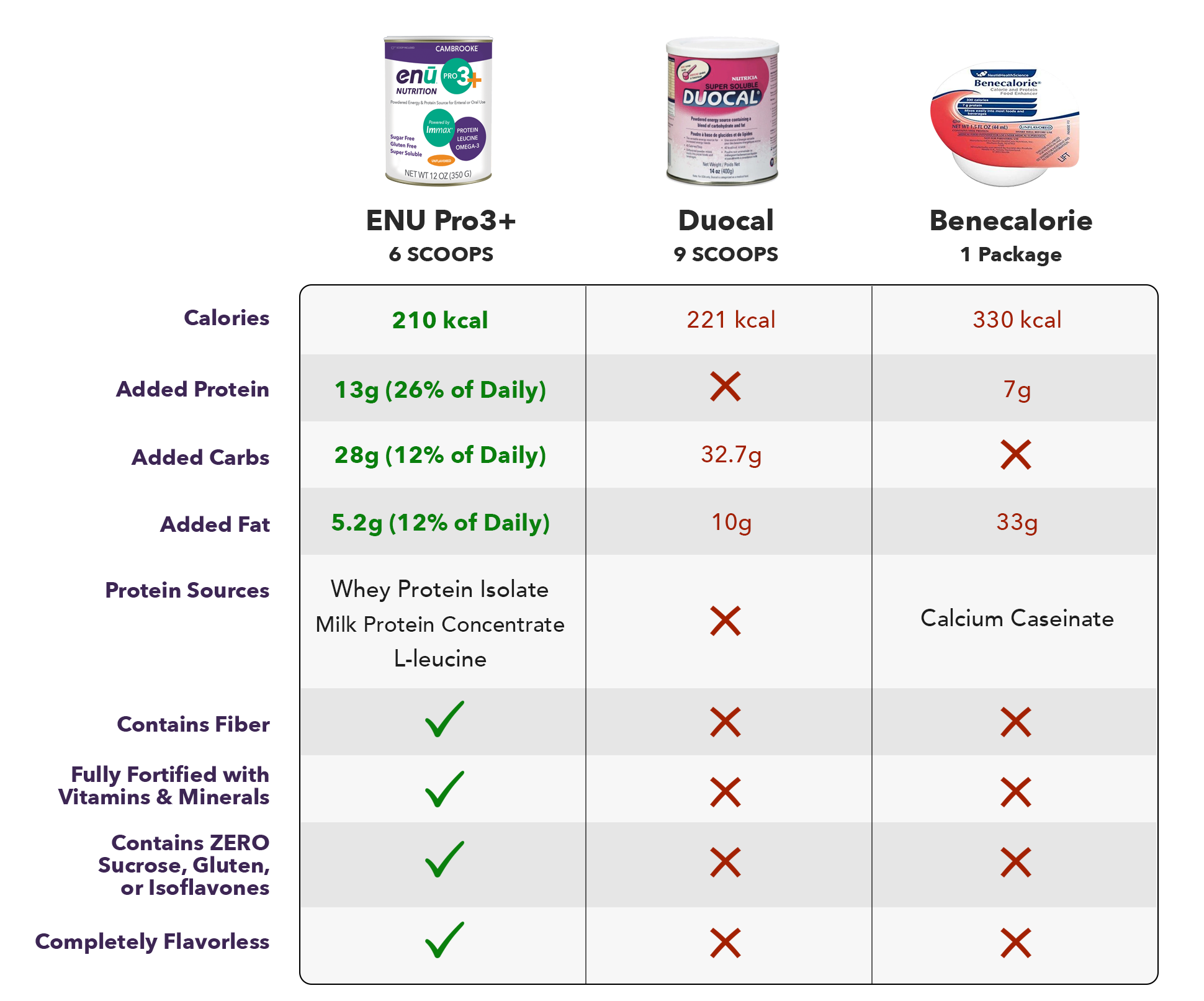
Get a FREE
ENU Intro Pack*
*Just Pay $2.00 Shipping
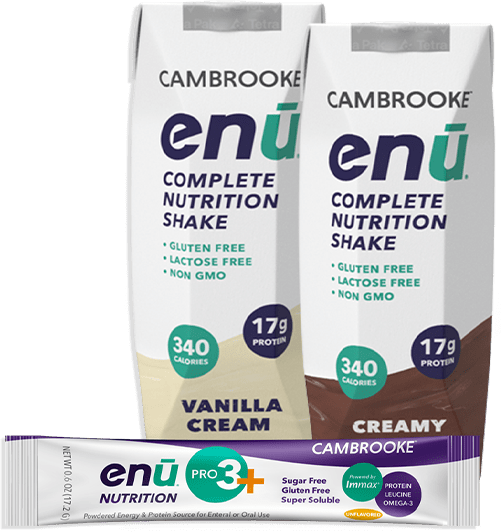
Can Low Sodium Cause Weight Gain?
There’s a lot of talk about salt these days. Is it bad for you? Is it good for you? What is it, anyway? Salt is primarily made of sodium chloride, meaning that the table salt you sprinkle on your food is mostly sodium. Health complications may convince you to lower your sodium intake, but will that cause weight gain?
A low-sodium diet won’t make you gain weight. Reducing your salt intake can actually cause you to shed some water weight. Although eating too much salt can make you gain weight, that’s not due to the nutritional content of sodium, but rather its water-retaining properties. Reducing your sodium intake can help prevent certain issues, like high blood pressure and heart failure. Drinking certain low-sodium meal replacement shakes can help you reduce your salt intake without compromising taste or satisfaction.
At ENU, we understand that our customers need convenient solution to high-sodium foods. Our meal replacement shakes are low in sodium but high in nutrients, helping you reach your health goals. To purchase low-sodium ENU Nutritional Shakes, visit our website today.
Can a Low-Sodium Diet Cause Weight Gain?
While sodium and salt are not technically the same thing, they’re often used interchangeably. In this case, it’s fine to think of sodium as salt. After all, table salt is primarily made of sodium chloride. So, most of your sodium intake is probably from the salts in your foods. Understanding the properties of sodium is important, especially when it comes to weight gain.
You can achieve a low-sodium diet by reducing your salt intake. But can that cause you to gain weight? No, not really. Reducing sodium in your diet doesn’t result in weight gain. Salt causes water retention in the body and can make you feel bloated. So, consuming any less sodium won’t cause you to gain weight.
Sodium is an essential nutrient. When consumed in the appropriate amounts, sodium monitors bodily fluids and keeps tabs on several bodily processes. Eliminating sodium from your diet won’t cause weight gain, but it can interfere with your health. It is true, however, that sodium is commonly consumed in excess. In reality, the recommended daily intake of sodium is about 1,500 milligrams.
While reducing your sodium intake won’t cause weight gain, it might cause weight loss. Well, water weight loss at least. Eating too much sodium from salt causes the body to retain a significant amount of water, more than it often needs. That can result in a few extra pounds of water weight. Reducing your sodium intake can cause you to shed water weight quickly. That’s all a low-sodium diet can do for weight loss, though. Consuming less sodium doesn’t reduce body fat.
Foods that are lower in sodium content may also have fewer calories. Many of our favorite salty snacks come from fast-food restaurants or guilty-pleasure treats. Reducing your sodium intake by focusing on eating clean foods that are still satiating, like low-sodium ENU Nutritional Shakes, can help you stay healthy. Your low-sodium diet won’t cause weight gain, so there’s no need to worry if you want to reduce your salt intake for other health reasons.
Can a High-Sodium Diet Cause Weight Gain?
While a low-sodium diet won’t cause weight gain, a high-sodium diet might. Again, sodium is often consumed via table salt, a favorite additive to bland meals. Unlike a low-sodium diet, eating more salt can lead to weight gain and other health problems. If you have to choose, a low-sodium diet is preferable.
Sodium itself doesn’t necessarily cause weight gain, but salt can make foods tastier, causing you to eat more. Sodium causes the body to retain water, leading to added water weight. A high-sodium diet can make you feel hungrier and dehydrated, so you may find yourself reaching for snacks more frequently. That explains why it’s hard to eat just a few salty chips or fries.
Low-sodium diets are preferable to high-sodium ones. Not only can high-sodium diets lead to unnecessary weight gain, but they can also cause other health problems. For example, eating sodium in excess can lead to high blood pressure and heart failure, among other things. There can be a significant amount of sodium hiding in processed foods, so choosing a healthier option can help you achieve a low-sodium diet. For example, low-sodium ENU Nutritional Shakes have all the nutrients you need to support health, just with less salt. Signs that you might need to switch to a low-sodium diet include:
- Weight gain
- Frequent Bloating
- Excessive thirst
- Excessive urination
- Difficulty sleeping
Switching to a low-sodium diet won’t cause you to gain weight, but it can help you combat the health problems associated with eating too much salt. Completely changing your diet can be daunting, so start small and go from there. Whether you want to lose weight, gain weight, or maintain your weight, decreasing your sodium intake can positively affect your wellness. Being healthy is the first step in achieving your goals.
Can I Still Gain Weight with a Low-Sodium Diet?
When it comes to your sodium intake, think less about weight and more about health. Even if you want to gain weight, increasing your sodium intake isn’t necessary. Sodium isn’t the nutrient you need to lose or gain weight. However, monitoring your sodium intake can improve your overall health. Eradicating issues related to sodium can help you reach your health goals, whatever they may be.
That being said, implementing a low-sodium diet isn’t always easy. The most convenient foods to eat are often packed with salt, which isn’t ideal. Luckily, there are convenient and healthy options available to help you reduce your sodium intake, irrespective of your goals to lose or gain weight. For example, low-sodium ENU Nutritional Shakes contain all the ingredients you need to support wellness with less salt. Meal replacement shakes are a simple way to monitor your sodium intake while achieving your goals.
Depending on how you use low-sodium ENU Nutritional Shakes, you can lose or gain weight. Regardless, a low-sodium diet might be necessary. Of course, it’s important to still consume sodium to support vital bodily processes. However, it is common for people to eat salt in excess, leading to a whole host of health issues. Monitoring your sodium intake with meal replacement shakes can improve your health in various ways.
Start Drinking Low-Sodium ENU Nutritional Shakes Today
Lowering your sodium intake can positively affect your health and won’t cause you to gain weight. To start drinking low-sodium ENU Nutritional Shakes today, visit us online.
